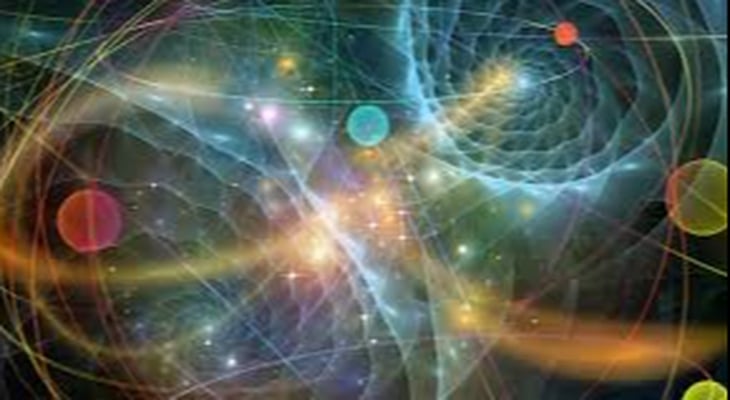
From experimental data, Chinese AI model can learn physics like humans - Illustration: hpcwire.com
According to Nature, a new Chinese artificial intelligence model, called AI-Newton, has shown the ability to " discover " physical principles from raw experimental data - including Newton's second law about the relationship between mass, force and acceleration.
The Peking University team said the model mimics the way humans do science : gradually building up a store of concepts and laws from data. By identifying useful concepts, AI-Newton can derive knowledge without being pre-programmed.
According to computer scientist Keyon Vafa (Harvard University), this system uses "symbolic regression" (SR) - a method of finding the best mathematical equation to describe a physical phenomenon. This is considered a potential approach for scientific discovery because the model is designed to infer concepts on its own.
The Peking University team used a simulator to generate data from 46 experiments on free motion, collisions, oscillations and pendulum-like systems, and intentionally inserted errors to reflect real-world data.
For example, AI-Newton was given only the position of a ball over time and asked to find an equation describing the relationship between the two quantities. The model derived the velocity equation. From there, in the next task, it continued to use Newton's second law to infer the mass of the ball. These results are not yet peer-reviewed.
Attempts to teach AI to derive physical laws have been made before. In 2019, a team at ETH Zurich developed “AI Copernicus,” a neural network that inferred planetary orbits from observational data, but humans still had to interpret the equations.
Vafa and his colleagues at MIT also experimented with foundational models like GPT, Claude, or Llama: when trained to predict planetary positions, they only learned to reproduce orbits, but inferred a meaningless “law of gravity” when asked to derive the force governing the motion.
According to Vafa, “a language model trained to predict the results of a physics experiment will not encode concepts in the same simple, concise way as humans, but will often create a non-intuitive representation.”
Experts say AI that can deduce laws is useful, but to truly make independent scientific discoveries, they need to engage in more steps: defining a problem, proposing experiments, analyzing data, and testing hypotheses.
According to David Powers (Flinders University), experimental science requires identifying key variables and conducting systematic experiments.
Physicist Yan-Qing Ma of Peking University agrees that AI-Newton is a long way from that, but stresses that the model could pave the way for future AI systems that can use real data to discover new physical laws on their own.
The team is now testing its applicability to quantum theories.
Source: https://tuoitre.vn/bat-ngo-mo-hinh-ai-trung-quoc-tu-kham-pha-dinh-luat-vat-ly-nhu-nguoi-20251116121246359.htm


![[Photo] General Secretary To Lam receives Vice President of Luxshare-ICT Group (China)](https://vphoto.vietnam.vn/thumb/1200x675/vietnam/resource/IMAGE/2025/11/15/1763211137119_a1-bnd-7809-8939-jpg.webp)


![[Photo] Prime Minister Pham Minh Chinh meets with representatives of outstanding teachers](https://vphoto.vietnam.vn/thumb/1200x675/vietnam/resource/IMAGE/2025/11/15/1763215934276_dsc-0578-jpg.webp)


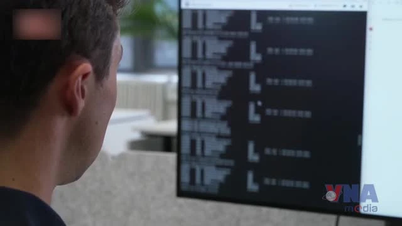

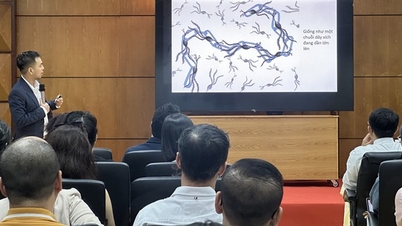

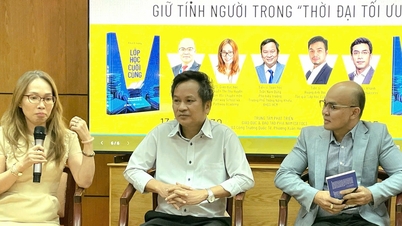
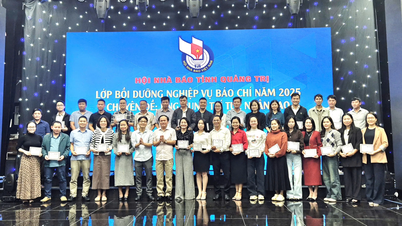

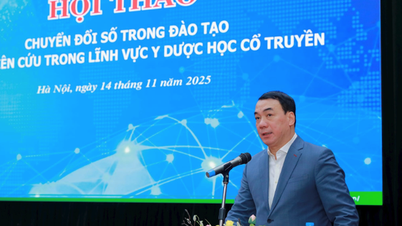
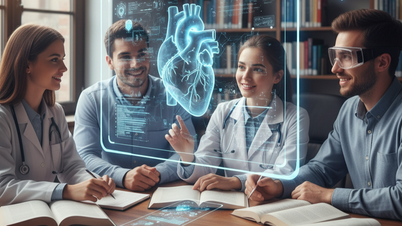

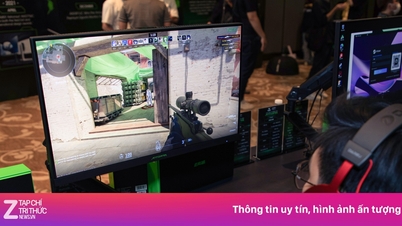


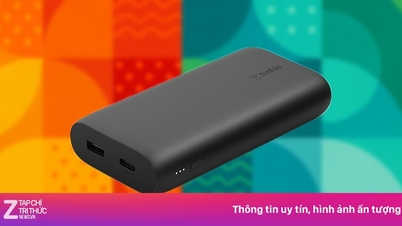
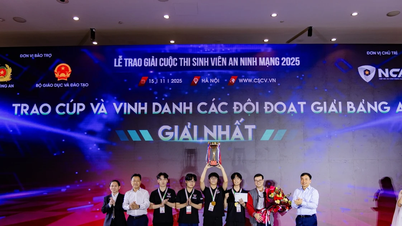







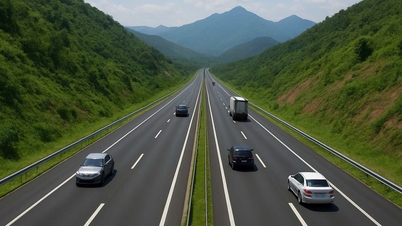
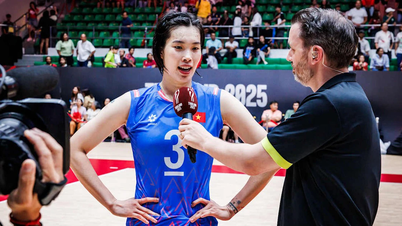
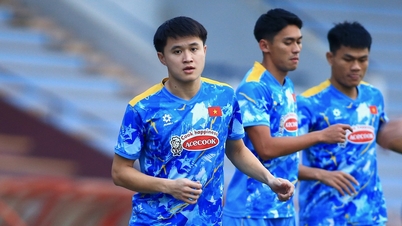
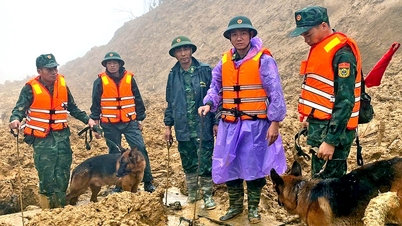
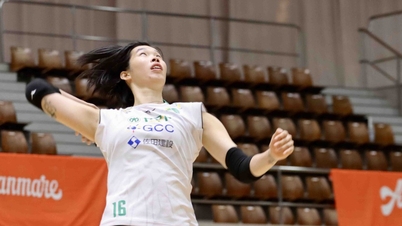














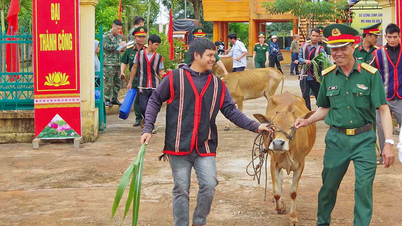






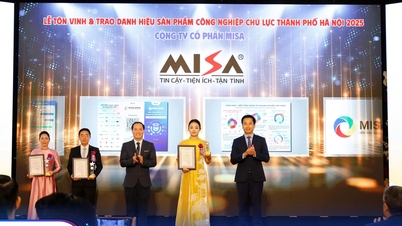















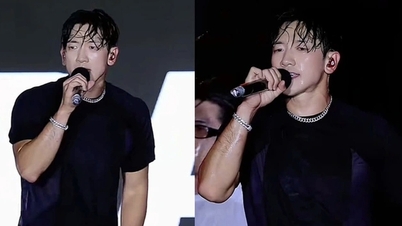

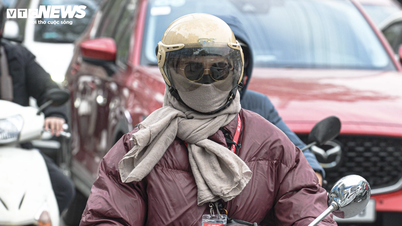








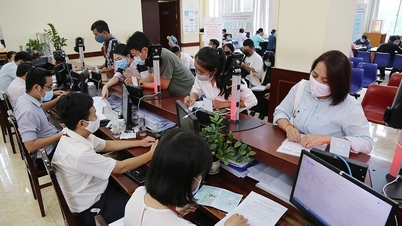

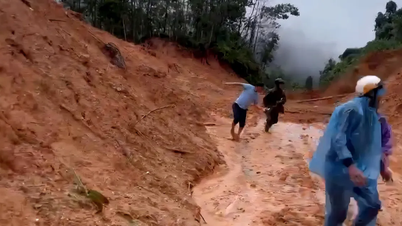
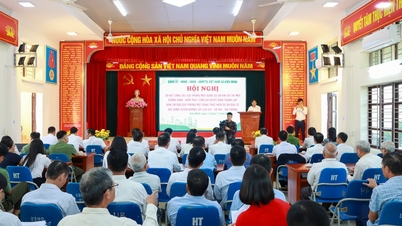

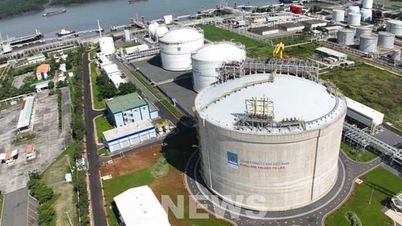
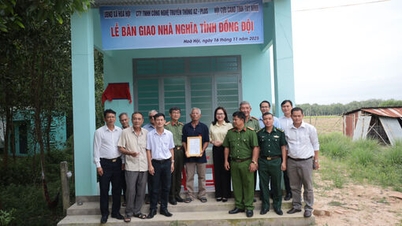












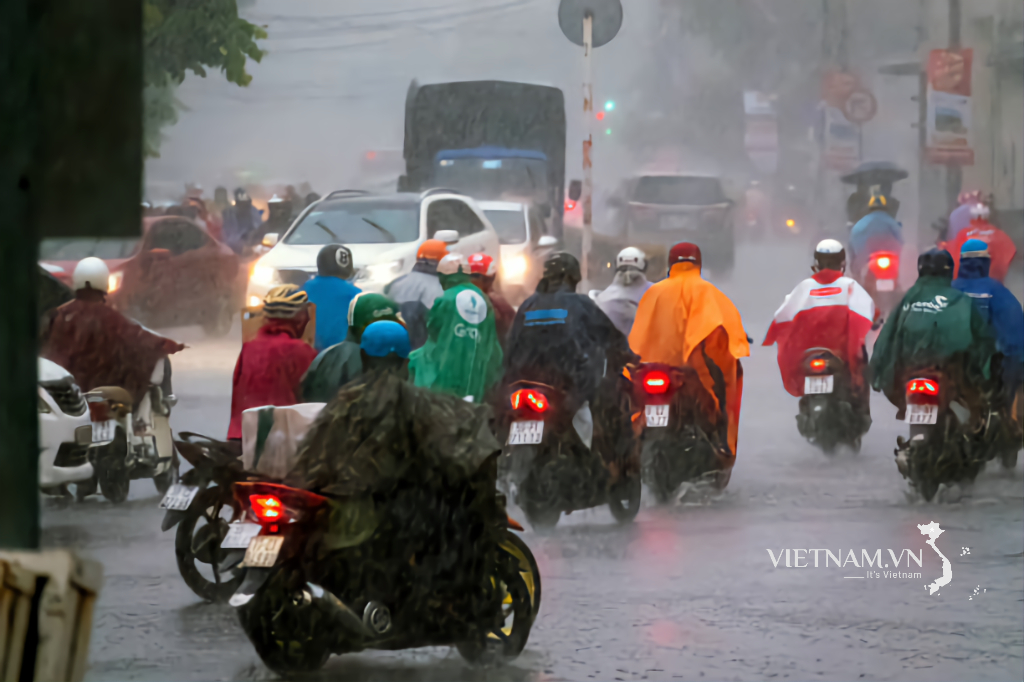
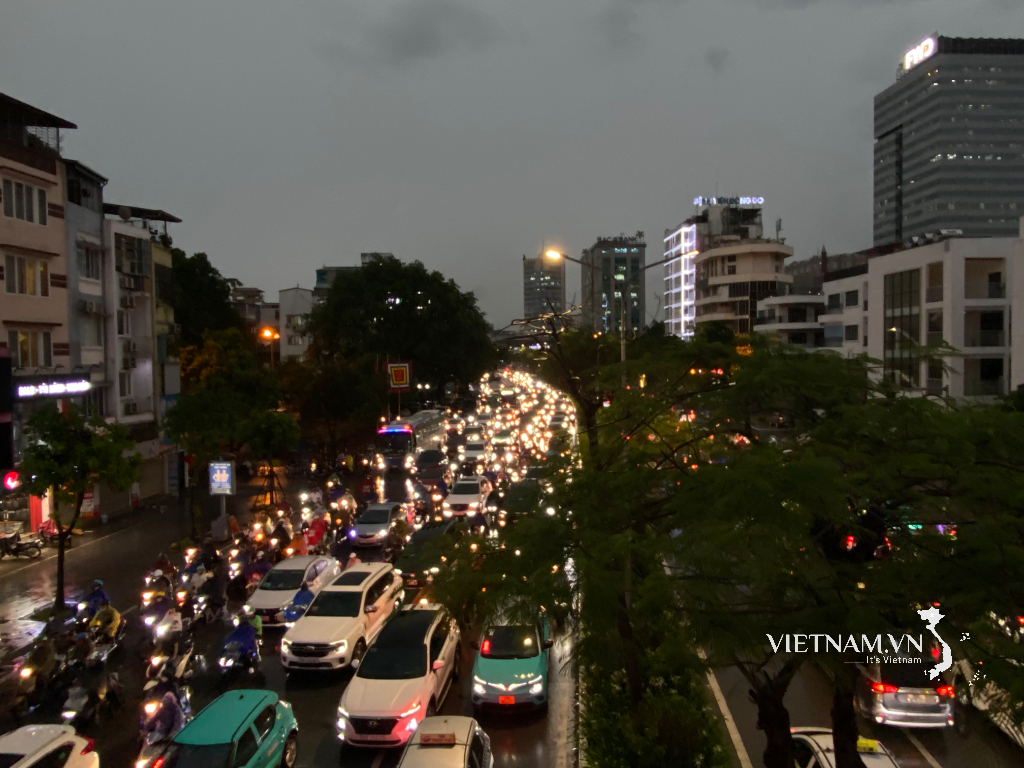

Comment (0)